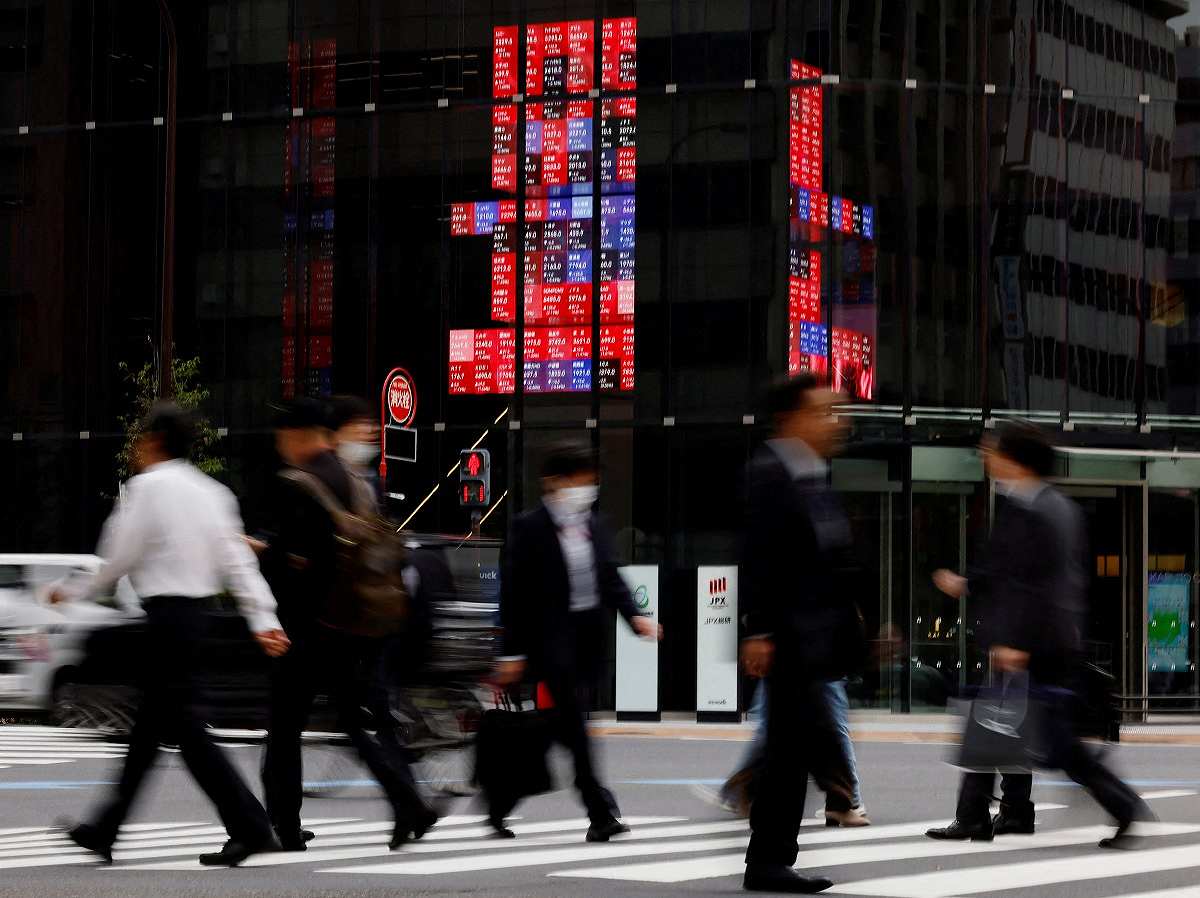¥30,000 Benefit Eyed for Low-Income Households as Part of Comprehensive Economic Package; Ruling Parties Also Considering Child Benefits, Gas, Electricity Subsidies

Pedestrians walk in a business district in Tokyo in October 2023.
13:33 JST, November 14, 2024
The government and ruling parties have begun coordinating on plans to provide ¥30,000 per household to those who are exempt from residence taxes as part of a comprehensive economic package to be compiled by the end of the month.
According to sources close to the government and the ruling parties, they are also considering reinstating a measure, which expired at the end of October, to reduce the burden of electricity and gas bills; this would be implemented sometime between January and March.
The government had indicated that it would provide benefits to low-income households who are particularly affected by rising prices.
In addition to the ¥30,000, there is also a proposal to provide households which are raising children with benefits of ¥20,000 per child.
Economic measures approved in November last year provided for a benefit of ¥70,000 per household to those that are exempt from residential taxation.
In order to reduce the burden of electricity and gas bills on households, the government will provide subsidies to electricity and natural gas retailers, according to the sources. An existing subsidy program for gasoline, which was scheduled to last until the end of this year, will be phased out starting in December.
General account spending in the supplementary budget proposal for fiscal 2024 is expected to exceed ¥13 trillion.
The ruling Liberal Democratic Party and its junior coalition partner Komeito were expected to hold separate party meetings Thursday to finalize the economic package before entering into discussions with the Democratic Party for the People.
The total size and content of the package may be modified during their talks with the DPFP and others.
Top Articles in Politics
-

Japan PM Takaichi’s Cabinet Resigns en Masse
-

Sanae Takaichi Elected Prime Minister of Japan; Keeps All Cabinet Appointees from Previous Term
-

Japan’s Govt to Submit Road Map for Growth Strategy in March, PM Takaichi to Announce in Upcoming Policy Speech
-

LDP Wins Historic Landslide Victory
-

LDP Wins Landslide Victory, Secures Single-party Majority; Ruling Coalition with JIP Poised to Secure Over 300 seats (UPDATE 1)
JN ACCESS RANKING
-

Producer Behind Pop Group XG Arrested for Cocaine Possession
-

Japan PM Takaichi’s Cabinet Resigns en Masse
-

Japan Institute to Use Domestic Commercial Optical Lattice Clock to Set Japan Standard Time
-

Man Infected with Measles Reportedly Dined at Restaurant in Tokyo Station
-

Israeli Ambassador to Japan Speaks about Japan’s Role in the Reconstruction of Gaza






















